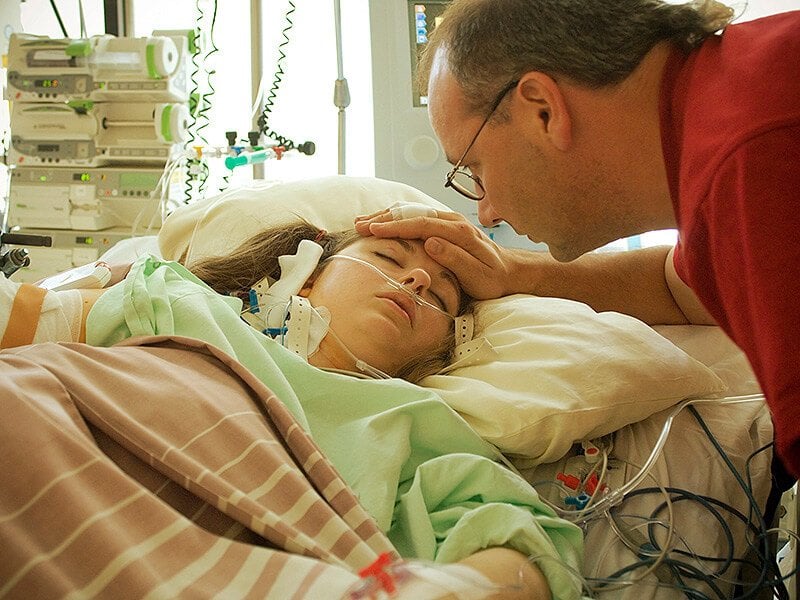These discoveries have been largely heralded as good news by patients’ family members, neurologists, and advocacy groups. The logic runs like this: If individuals in pseudo-persistent vegetative states can communicate, even in this rudimentary manner, then there is justification for continued care and hope for further recovery.
As a bioethicist, I fear that this optimism may be blinding us to a genuine moral horror: being trapped in this way may be a form of unwitting medical torture.
…
So what we are actually asked to decide, in cases where a patient’s wishes are unknown, is how to balance the prospect of contact via fMRI, or even recovery, against the possibility that the patient is trapped incommunicado in a persistent vegetative state and suffering psychological torment for years. That is no easy choice. But it is also not clear that the default should be preserving life, since it comes with the risk of perpetuating torture.
Read full, original post: Some people in persistent vegetative states have working minds. Does keeping them in limbo amount to torture?































